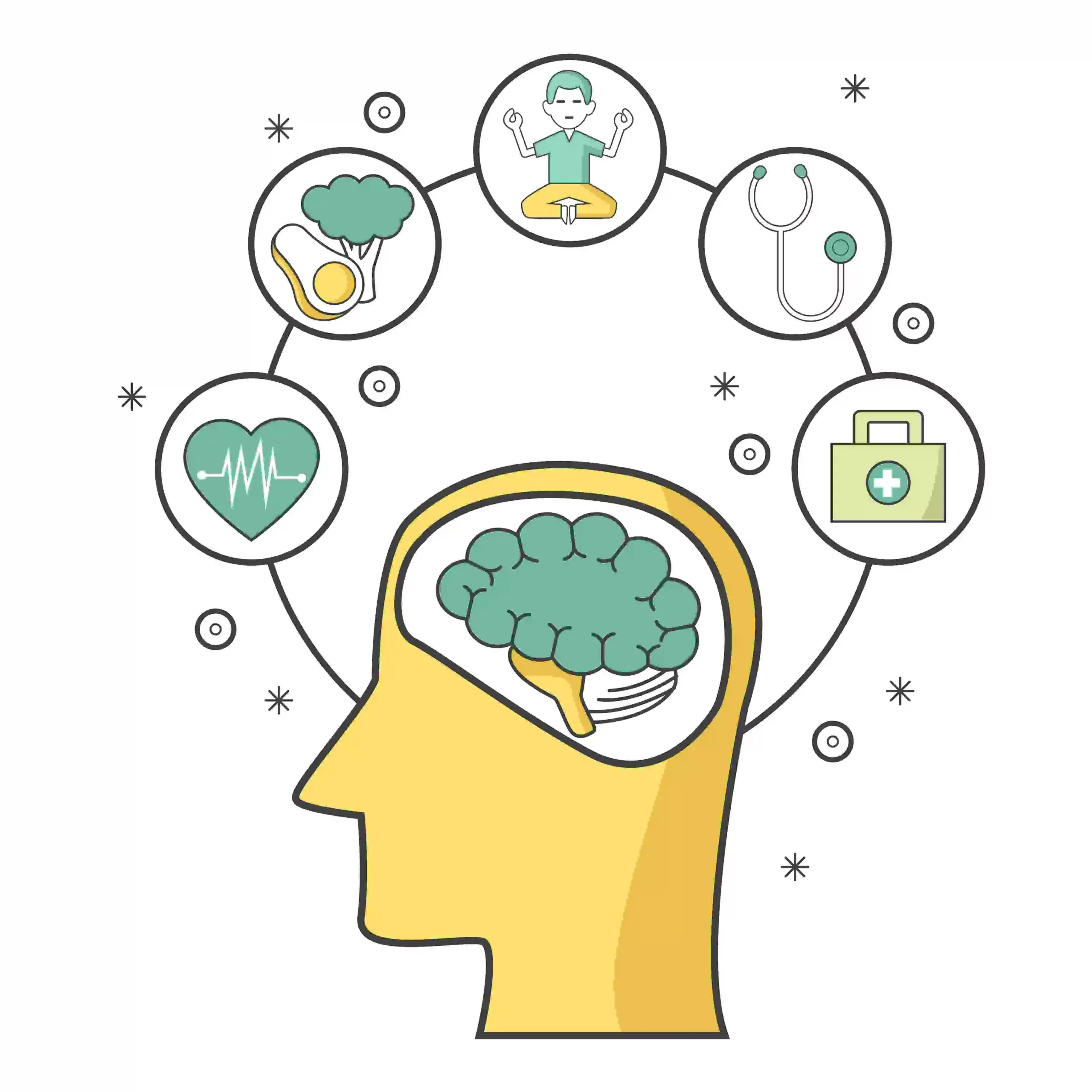No products in the basket.
Great communication isn’t always loud. Sometimes it’s the pause, the eye contact, the space to let someone speak. These 6 most effective communication skills in social work are what make a good social worker truly effective. They show up in everyday conversations, in small moments, and in hard decisions. Whether people notice them or not, these skills shape lives.
If you’ve ever wondered what makes social workers so good at what they do, here’s your answer. These are the skills that help them listen, respond, and make people feel heard. They don’t just help the clients—they help the workers too.

Listening With Purpose: The Heart of Social Work
Social workers don’t just hear words. They listen for meaning, emotion, and what’s not being said. This kind of listening takes practice and patience.
People often think listening is simple. It isn’t. Real listening means putting away your thoughts and giving someone your full attention. No quick answers. No rushing to solve. Just space for the other person to share.
You’ll often see a social worker nod, pause, or repeat someone’s words back. That’s not by chance. It shows they’re following and truly taking it in. This helps people feel safe. It also encourages them to open up more.
In tough situations, being listened to can be a lifeline. It gives people the strength to carry on.
Empathy: Seeing the World Through Someone Else’s Eyes
Empathy goes beyond sympathy. It’s not feeling sorry for someone. It’s about understanding their world as they see it.
Social workers meet people from all walks of life. Some have faced things many of us can’t imagine. Empathy helps workers connect without judgment. It helps them build trust, even when trust feels impossible.
You’ll notice this when a social worker sits at eye level. Or when they say, “That sounds really hard,” with honesty. These small acts show they get it. They aren’t just ticking boxes—they care.
Empathy doesn’t mean agreeing with every choice. It means respecting someone’s experience, even when it’s messy.
Clear, Simple Language: No Jargon, No Confusion
People in crisis don’t need big words or long explanations. They need to understand what’s happening, what will happen next, and what their choices are.
Social workers use clear, simple language on purpose. It’s not about dumbing things down. It’s about cutting through confusion. They explain complex systems like housing, benefits, or safeguarding in ways people can actually grasp.
This helps reduce fear. It helps people make decisions with confidence. It also avoids misunderstandings, which can have serious consequences.
You’ll rarely hear a good social worker use legal jargon without explaining it. They know clear words can build trust.
Asking the Right Questions: Not Always Easy, Always Necessary
Not every question helps. Some questions make people shut down. Others help them open up. Social workers learn to ask the right ones.
These aren’t just facts-and-figures questions. They’re about feelings, hopes, and fears. They help people reflect on their own stories. They also give workers clues about what’s really going on.
You might hear questions like, “What would help you feel safe today?” or “Who can you trust right now?” These questions invite honesty without pressure.
Asking takes courage. Some answers are hard to hear. But without asking, real help is almost impossible.
Non-Verbal Communication: What’s Not Said Still Matters
Body language speaks louder than words. A social worker’s posture, tone, and eye contact all carry messages. They show respect, patience, and care.
A calm, open posture can make a nervous person feel at ease. A soft tone can lower the heat in a tense moment. A steady gaze can say, “I’m here with you.”
Social workers stay aware of these signals.
Good leaders know their body can say one thing even when their words say another. They aim for both to work together.
They’re just as tuned in to other people’s body language, too.
Silence, fidgeting, or avoiding eye contact can reveal more than words ever could.
Boundaries: The Communication Skill No One Talks About Enough
Boundaries are part of communication. They help keep relationships healthy and clear. For social workers, good boundaries protect both them and the people they help.
Boundaries aren’t cold or harsh. Clear guidelines set out what’s okay and what isn’t. Defined roles keep things running smoothly. Expectations stay on track when everyone knows the rules.
You might hear a social worker say, “I can’t promise that, but I will try my best,” or, “Let’s keep this conversation to today’s focus.” These are boundaries in action. They stop confusion and keep the trust intact.
Clear boundaries help people feel safe. They know where they stand. They know the worker is there to help, not to judge or rescue.
Why These 6 Communication Skills Matter So Much
Social work isn’t just about services or systems. It’s about people. People in pain. People trying to cope. And people who’ve been let down before.
These 6 most effective communication skills in social work make that work possible. They help turn policy into care. They turn conversations into change.
Without these skills, social work would be colder, harder, and less effective. With them, it becomes human.
These skills help people find their voice again. They help rebuild lives from places of deep hurt. They make space for hope.
Everyday Examples of These Skills in Action
Imagine a social worker visiting a woman who’s just left an abusive partner. She’s scared, unsure, and overwhelmed.
Listening with purpose means giving her time to share, without rushing.
Empathy shows up when the worker says, “It’s okay to feel unsure right now. You’ve been through a lot.”
Clear language makes sure she understands her options for housing or benefits.
Asking the right questions helps her think about her safety, her support network, and what she wants next.
Non-verbal cues—like sitting calmly, and keeping an open posture—help her feel at ease.
Boundaries come in when the worker says, “I’m here to support you, but I can’t make decisions for you.”
These aren’t big dramatic moments. They’re small, steady steps that build trust and safety.
How These Skills Support Social Workers Too
Good communication isn’t just for clients. It protects social workers from burnout and helps them stay grounded.
Clear boundaries stop workers from taking on too much. Empathy helps them connect but also reminds them to care for themselves. Listening and asking to help them reflect on their work. Clear language cuts through workplace confusion. Body language helps teams support each other.
These skills create healthier workplaces. They make space for honesty and for asking for help when needed.
In a tough job, these aren’t just tools—they’re lifelines.
Learning and Growing These Skills Takes Time
No one wakes up one day with perfect communication skills. They grow with practice, feedback, and reflection.
Social workers learn these skills through training, experience, and often through making mistakes. They reflect, adjust, and try again. Supervision sessions help. So do peer discussions and ongoing learning.
The best workers stay curious. They never assume they know it all. They keep asking, “How can I communicate better next time?”
These skills are human skills. That means anyone can learn them. But it takes intention and patience.
Why This Matters More Than Ever
The world feels noisy right now. People are more isolated, more anxious, and more overwhelmed. Good communication has never mattered more.
Social workers stand in the gap — listening when others don’t have time, explaining when others create confusion, and showing patience when others rush.
These 6 most effective communication skills in social work are quiet superpowers. They bring calm, clarity, and connection. They help people who feel invisible feel seen again.
That’s not just good practice. That’s humanity at its best.
Final Thought: Communication Is Care
You might not notice these skills in action. That’s part of their strength. They work in the background, building trust and hope.
But if you’ve ever felt truly heard, respected, and supported by a social worker, now you know why.
It wasn’t magic. It came from listening, looked like empathy, sounded like clarity, asked the brave questions, showed up in body language, and knew when to respect boundaries. In the end, it was just good communication — and it made all the difference.
Want to lead with confidence (and fewer awkward moments)? Enrol in Health and Social Care course now at Training Tale Your future team will thank you.




